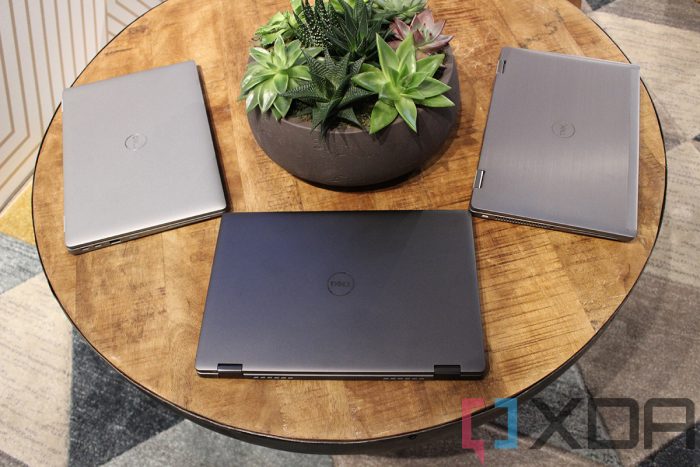“The purpose of the Dell is to create technology that drives human progress. We are inspired by the opportunity to change things for the better for future generations. This is clear to the new ways in which we plan and pack our products in order to help reduce the environmental impact of waste and emissions,” said Rahul Tikoo, senior vice president, Client Product Group, DellTechnologies. “As we rely on the leading position in the field of circular economy, the promote a step further, by reviewing constantly, and rethinking every step of the product life cycle to offer more sustainable products in the future.”
The series Latitude 5000 consists of computers with the highest volume of production in the Dell. Therefore, investments in features viability help ensure that Dell offers effective impact at scale. The latest series Latitude 5000 offers even more desirable design options for increasing the use of recycled and renewable content, such as:
- Lid portable computer made from 71% recycled and renewable materials, including bio-based plastics on the basis of the trees that are recycled by the industry for the production of paper (21%), and the recovered carbon fiber (20%)
- Focusing on the second heaviest part of the device – the lid – Dell may have a greater impact on sustainability, helping to reduce the carbon footprint, water and energy of the product.
- The basis of the system is created with the recovered carbon fiber (20%) .
This renewable material cushion kit from materials based on oil. - This series also marks an important milestone in the existing use of plastics that end up in the oceans, from Dell, extending its use beyond the packaging in the products. The series Latitude 5000 has plastic from the oceans to the casing of the fan (28%).
- For the protection of the product, the series Latitude 5000 offers packaging made from 100% recycled or renewable materials – all of which are recyclable a 100%.[4]
Promotion of sustainable materials in products and more platforms than ever
During the last decade, Dell has introduced a powerful series of sustainable innovation of materials, including several applications applied for the first time in the industry. The Dell is now based on the existing efforts and partnerships with the expansion of new sustainable and renewable materials in more products and platforms.
With the growing awareness of the serious environmental issues that are caused by the plastics that end up in the oceans every year, Dell launched in 2017, the first project in the industry using plastic to the ocean for the creation of packaging a commercial scale with a view to the retention of such waste before entering the waterways and turning it into a resource. Since then, Dell has escalated dramatically over the use, consuming more than 227.000 pounds of plastic that are associated with the ocean and using the material to more than 5.1 million recyclable packaging trays and lids.
“Early on, the Dell acknowledged the need for cooperation between the industries for the treatment the scale of the problem of plastic that are associated with the ocean and has fostered the development and circulation of NextWave Plastics, unique consortium of global companies collaborating on the construction of a network of suppliers of plastic to the ocean and the value of the communities from which this material,” said DuneIves, CEO of the Lonely Whale. “Today’s announcement demonstrates the long-term commitment to the Dell to address the 14 million metric tons of new plastic entering the ocean each year.”
New packaging-made from 100% recycled or renewable materials and 100% recyclable
- Alternatives paper items packed, typically in plastic bags, such as power cables and printed documentation
- Recycled shipping box with inner tray made from pulp based fibers bamboo and cane
- Tape on a paper basis to reduce the potential of contamination of the waste stream is happening when using plastic film
The new packaging is available in all the new laptops in the series
Latitude, the mobile workstations Precision and devices XPS, giving Dell the opportunity to have an impact at scale.
